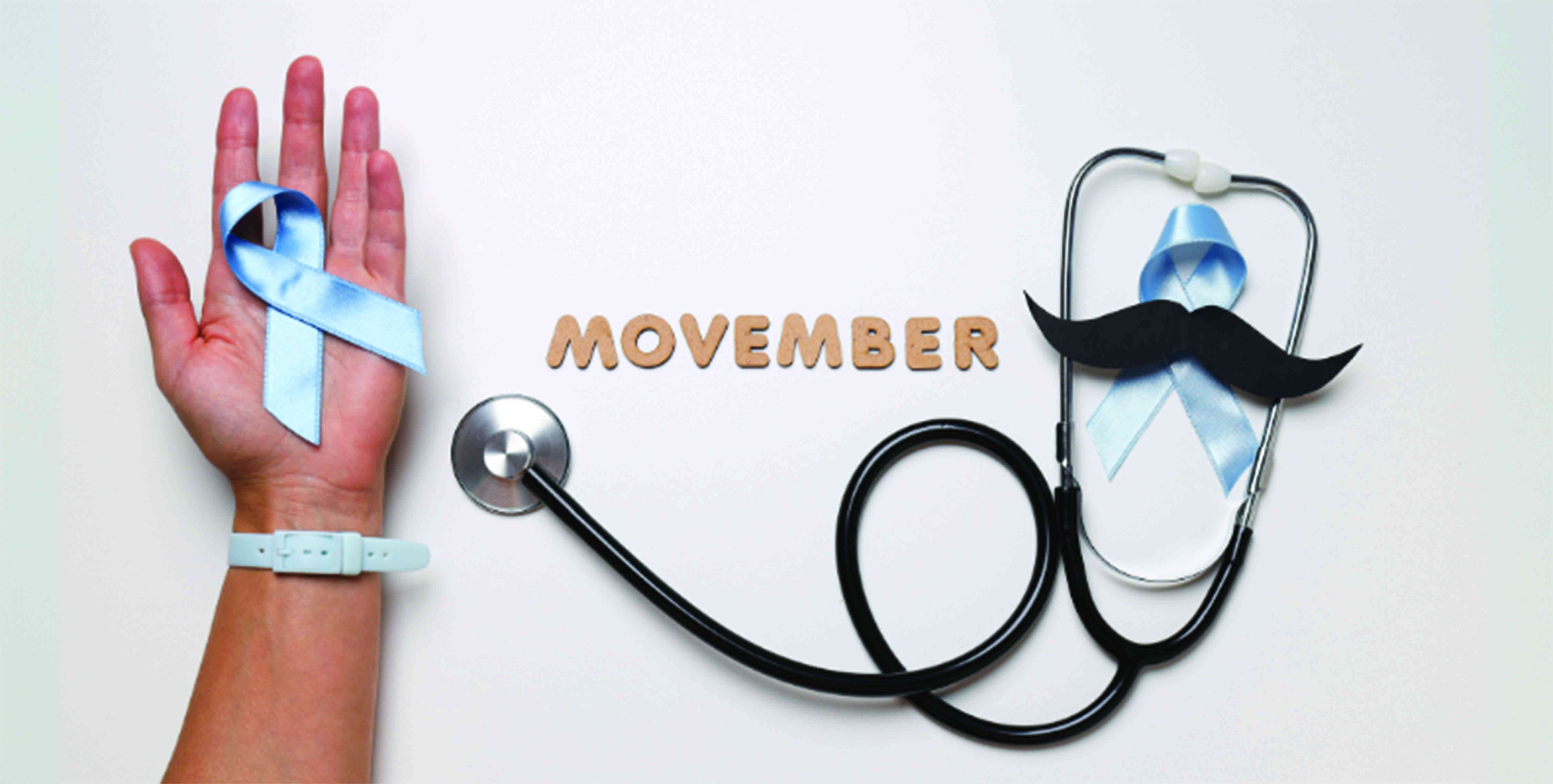
Movember 2025 is running with a bold call to action to change the face of men’s health.
The movement began in 2003 in Melbourne, Australia, when a group of friends grew moustaches to raise awareness for men’s health issues.
What started as a local initiative quickly evolved into a global campaign funding research, community programmes, and health promotion across more than 20 countries. The theme for this year is “Changing the face of men’s health”. Cimas Health Group’s Learnmore Shoti said it is important to address the silent crises affecting men and urged communities to rally behind awareness, prevention and empathy.
“Men generally have a shorter life expectancy than women and much of that difference comes down to preventable causes,” Shoti explained.
He emphasised men are less likely to talk about their health, get screened or seek help early, all of which are barriers Movember aims to dismantle. Shoti said in previous years, Movember focused more on awareness and visibility. However in 2025, the emphasis is on behavioural change, encouraging men to not only know the issues but to do something about them.
The campaign’s three pillars, prostate cancer, testicular cancer and mental health, are especially relevant in Zimbabwe.
Local health data shows men are less likely to visit healthcare facilities until illnesses have progressed. Life expectancy for males is 63 years, compared to 68 for females. Suicide rates are also significantly higher among men, with 26,9 deaths per 100 000 compared to 9,7 for women.
Prostate cancer remains the most common cancer in Zimbabwean men. Shoti warned early stages often show no symptoms, making screening essential. Later signs may include difficulty urinating, weak urine flow or blood in urine or semen.
- Letter from America: Education: Zimbabwe still ahead of the pack
- Depression ‘fears’ for MisRed
- Zimbabwe seek final flourish
- Man kills wife for buying bag
Keep Reading
“Men aged 40 and above, especially those with a family history, should discuss screening with their doctor,” he added.
Testicular cancer, which affects younger men aged 15 to 40, can be detected early through monthly self-examinations.
“If something feels unusual, a quick ultrasound can provide clarity. Early detection leads to a near 95% survival rate.
“Mental health is at the heart of Movember’s mission. Globally, men account for about 75% of suicide deaths, yet many never reach out for help.
“Movember funds programmes that promote emotional literacy, social connection and early intervention. Good mental health is as vital as physical health,” Shoti stressed.
He noted that men often express mental distress differently. Symptoms of depression or anxiety may include irritability, fatigue, withdrawal or loss of interest in hobbies.
“Often, men show anger or fatigue rather than openly expressing sadness. Awareness of these subtle signs can save lives,” Shoti added.
Improving mental well-being does not require dramatic changes. Shoti recommended consistent habits such as regular exercise, sleep, limiting alcohol, staying connected to community or faith groups and seeking help early.
He also pointed out mental health care is a sign of strength, not weakness.
Cultural expectations remain a barrier. Many men are raised to be strong and self-reliant, making it difficult to seek help.
Shoti said he believes this can change through normalising health conversations, creating male-friendly healthcare spaces and encouraging support from families and employers.
The moustache, Movember’s iconic symbol, plays a key role in sparking dialogue.
“It becomes a visible symbol of men’s health during November. It sparks conversations… that open the door to discuss prostate checks, mental health or the importance of regular medical visits.”
Shoti went on to mention that Cimas Health Group is taking tangible steps to support Movember 2025.
“We are running a month-long ‘Men Matter’ campaign in November. We are raising awareness by doing prostate cancer presentations and screening, mental health awareness and fitness challenges such as the Cimas iGo Half Marathon across the country and also collaborating with workplaces to promote men’s wellness education.
“Zimbabwean men can get involved in various ways. They can participate by joining events that are there to raise awareness about men’s health.
“This, year our Cimas iGo half marathon is on November 23 in Bulawayo running under the theme ‘Champions of Empathy: Inspiring Healthier Communities.’
“Other options include growing a moustache, attending wellness screenings or donating to men’s health initiatives. Cimas counselling services remain open to anyone seeking mental health support,” Shoti added.
He went on to say families and partners play a vital role in supporting men’s health.
“Partners can encourage men to book screenings, support lifestyle changes and create safe spaces for emotional conversations. A gentle reminder or shared health goal can be the nudge that saves a life,” Shoti said.
“Workplaces are also key allies. Employers can host talks, sponsor screenings and create confidential spaces for mental health discussions.
- The information in this article is provided as a public service by the Cimas iGo Wellness programme, which is designed to promote good health. It is provided for general information only and should not be construed as medical advice. Readers should consult their doctor or clinic on any matter related to their health or the treatment of any health problem. — [email protected]/ WhatsApp: 0772 161 829/ phone 024-2773 0663.











